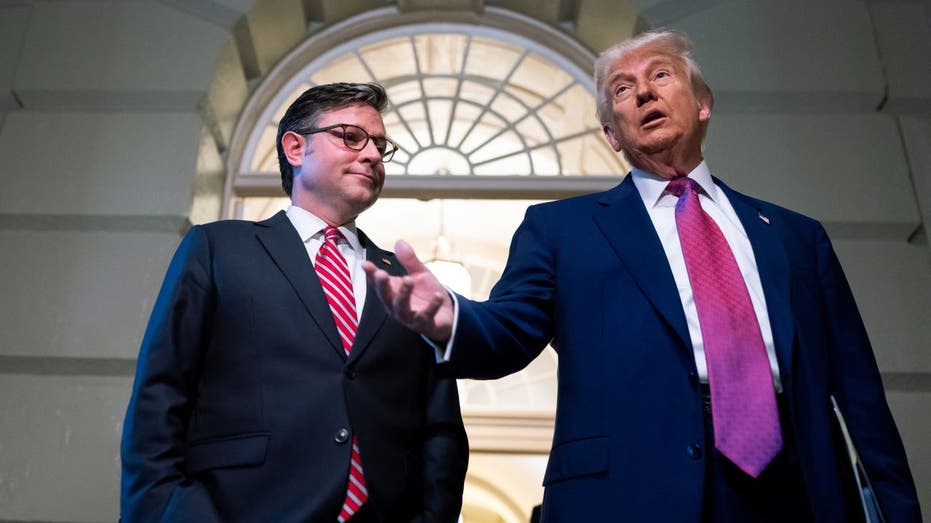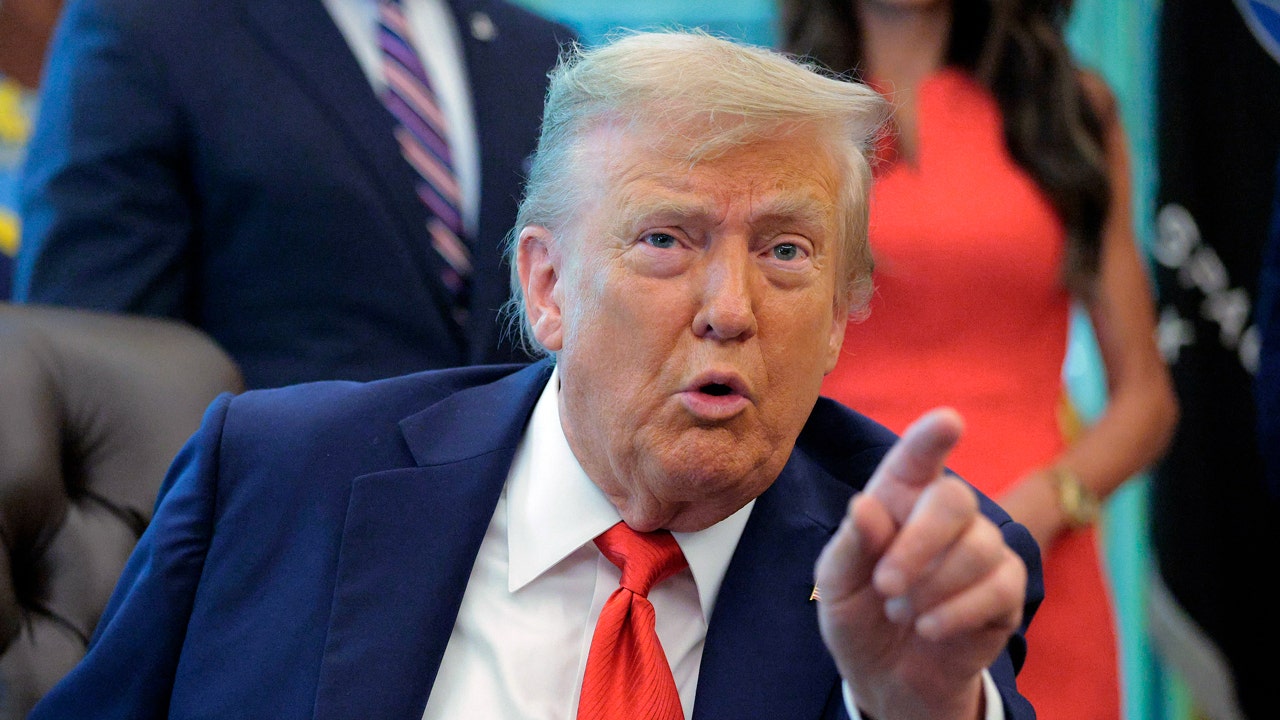House Republicans are trying to cobble together the votes to pass President Donald Trump’s “big, beautiful bill,” and if they fail to do so, a broad swathe of Americans could feel the impact on their wallets.
Fiscal hawks in the House Freedom Caucus are upset with the changes made to the bill by the Senate, which barely squeaked the mammoth legislative package through Tuesday morning with the aid of Vice President JD Vance.
TAX CUTS, WORK REQUIREMENTS AND ASYLUM FEES: HERE’S WHAT’S INSIDE THE SENATE’S VERSION OF TRUMP’S BILL
Members of the conservative faction spent much of Wednesday meeting first at the White House, and then behind closed doors with House Speaker Mike Johnson, R-La., and Office of Management and Budget Director Russ Vought to forge a path ahead.
They have demanded that changes be made to the bill to find deeper spending cuts and to revert the harsher rollback of green energy credits that were in the House’s original version of the bill.
But some Republicans have warned that any changes to the legislation at this point would effectively kill the bill.
HOUSE FREEDOM CAUCUS TARGETS TRUMP’S ‘BIG, BEAUTIFUL BILL’ WITH CONCERNS ABOUT BUDGET DEFICIT

Rep. Blake Moore, the No. 5 Republican in House leadership, told Fox News Digital that “if this doesn’t pass, it never passes.”
“My biggest concern, if this doesn’t pass, is that we’re not able to address it at all,” the Utah Republican said. “We’re not able to get it done for the rest of the year, and we have a significant tax increase starting Jan. 1.”
The major focal point of the bill is extending, or making permanent, Trump’s 2017 Tax Cuts and Jobs Act. While those don’t expire until the end of this year, Republicans have a series of deadlines, like the August deadline to raise the debt ceiling or face a debt crisis, to deal with.
Joe Rosenberg, a senior fellow at the left-leaning Urban-Brookings Tax Policy Center, told Fox News Digital that if the tax cuts are allowed to expire, “about 80% of taxpayers would pay higher taxes next year.”
He said that on average, households would see their taxes increase by about $2,100 if the provisions expire. However, he did agree that as the process has trudged along, the bill is more expensive, and that the tax portion of the package was the main cost driver.
The bill also includes several tax break priorities pushed by Trump on the campaign trail, such as eliminating taxes on tips and overtime, and allowing a deduction for auto loan interest.
CONGRESS MUST RECONCILE KEY DIFFERENCES IN BOTH VERSIONS OF TRUMP’S SIGNATURE BILL

The latest score from the nonpartisan Congressional Budget Office (CBO) found that the bill would cost roughly $3.4 trillion over the next decade.
“The Senate bill is more expensive than the House bill,” he said. “And you know, even the last-minute changes right before passage even made it a little more costly.”
Tad Dehaven, a policy analyst at the Cato Institute, agreed that the cost of the bill was soaring, and argued that it still didn’t deal with the nation’s skyrocketing federal debt, which just crested $37 trillion.
He noted that the markets would be watching what happened, and that if it failed, the “markets would react poorly to it. And my understanding is some of the sustained strength we see is a byproduct of traders believing it’s a net positive.”
Still, he was sure that House Republicans wouldn’t let that happen, despite the fuss and arguing happening on Capitol Hill.
“Look, at the end of the day, the GOP Congress is pretty spineless when it comes to Donald Trump,” he said. “Donald Trump wants this done, and it will be done.”













